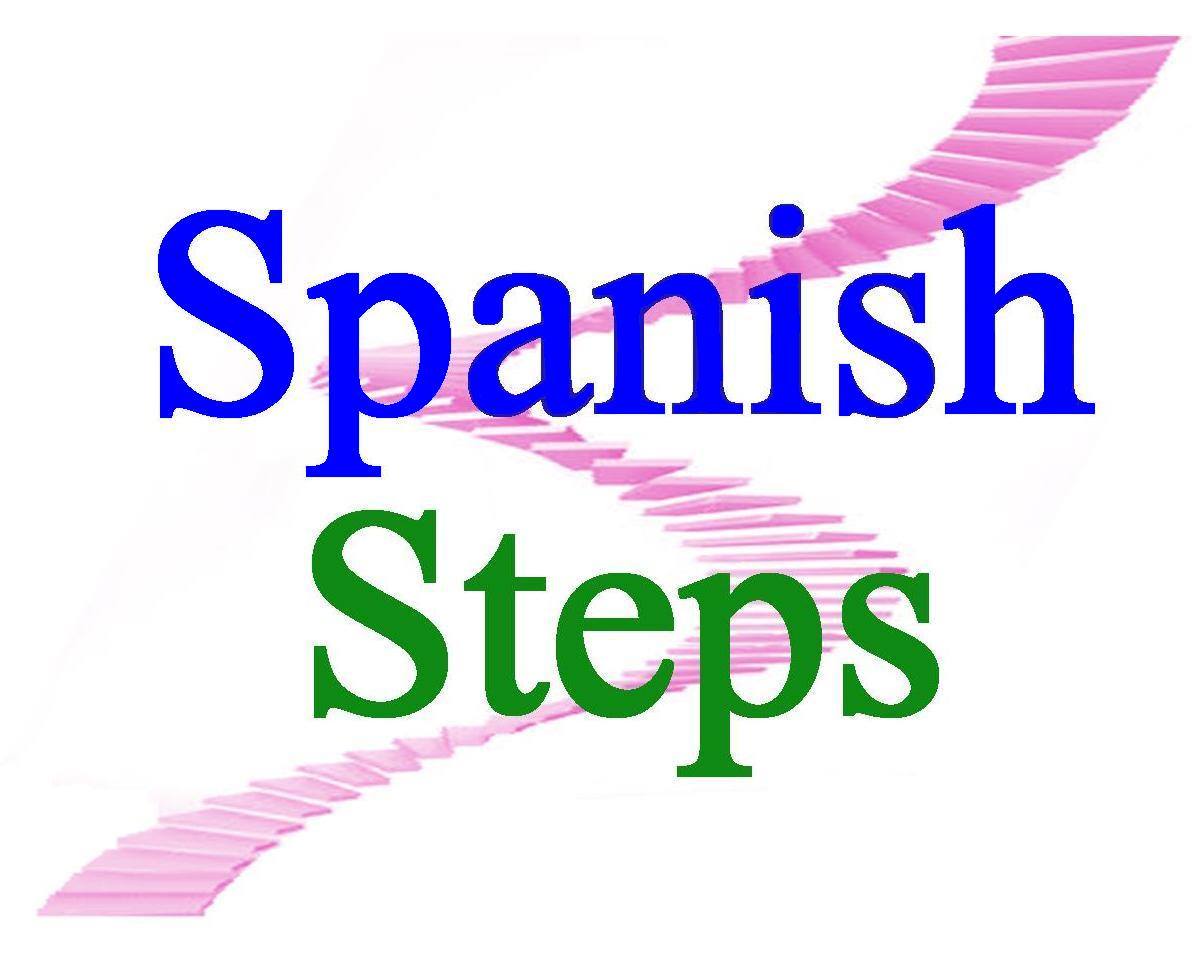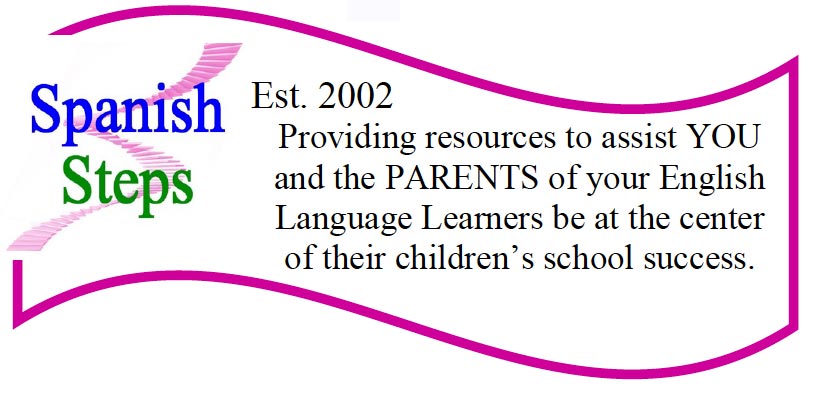Are you the designated translator at your school or district? Whether it’s an article, a newsletter for the Early Childhood Education Department, standard school forms, letters home to parents, a flyer, the student handbook, etc., every translator, native to the language or otherwise, knows that there is always a word or phrase that is a challenge to translate. And, what about those little grammar and spelling questions that always seem to come up? Should that word have an accent mark? Is that word a false cognate? Step Up Your Spanish Translations is is full of pointers to help avoid the errors made most frequently by translators. Some of these are common to native Spanish-speakers, while others are more common to native English-speakers. Why not avoid these road blocks! This 45-page workbook also contains a glossary of more than 1800 commonly-used vocabulary found in various school documents.
Translators know that a very frustrating thing is the variety of vocabulary found in Spanish, not just from country to country, but even from region to region. Good translators always consider their ‘target audience.’ In other words, if you know that the majority of your readers within your school district come from central Mexico, you wouldn’t translate ‘peanut butter’ as ‘mantequilla de maní,’ but rather as ‘mantequilla de cacahuate.’ The glossary in Step Up Your Spanish Translations gives you vocabulary equivalents that are considered to be the primary vocabulary (most widely-used) and, whenever applicable, offers other choices that may be particularly inherent to a certain area.
Add it to your arsenal of resource books! After all, if you’re translating a document for school and come across the acronym NCLB, you more than likely won’t find that in your standard Spanish/English dictionary! Think of all the valuable time you can save trying to find the best equivalent, simply by flipping to your glossary.
TIPS FOR THE DAY: (from Step Up Your Spanish Translations, page 8): Substituto is NOT a word in Spanish. The correct word is sustituto. How about this . . . while absentismo IS a Spanish word (used instead of ausentismo primarily in Spain), absente is NOT a word in Spanish. The correct word is ausente.

